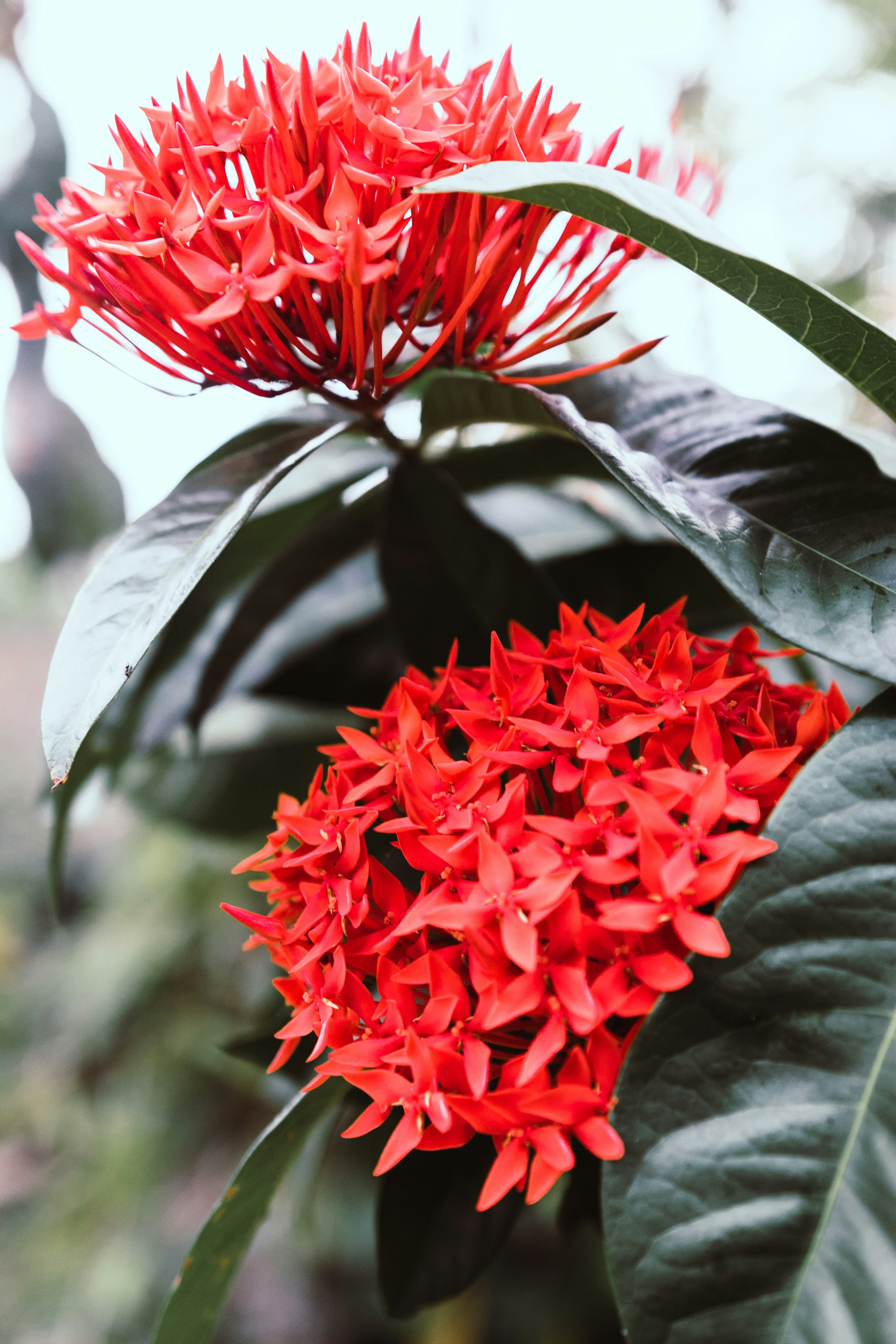Suva Culture & Traditions: History, Customs, Festivals

Suva Culture & Traditions: History, Customs, Festivals
Suva, the capital city of Fiji, is a vibrant and diverse destination that offers a rich cultural experience to its visitors. Immersed in history and tradition, Suva showcases the unique customs, festivals, and way of life of the Fijian people. Whether you're interested in learning about the historical background of the city or experiencing its lively festivals, Suva has something to offer for everyone.
History
Suva has a fascinating history that dates back to its establishment as the capital of Fiji in 1877. Originally inhabited by the indigenous Fijians, the area eventually saw the arrival of European settlers and became an important hub for trade and commerce. Over the years, Suva has grown into a bustling city while retaining its cultural roots and historical significance.
One of the prominent landmarks in Suva is the Parliamentary Complex, which houses Fiji's government buildings. The complex stands as a testament to Fiji's political history and the country's transition to independence. Visitors can explore the grounds and learn about the democratic institutions that shape Fiji's governance today.
Customs
Fijian customs play a significant role in the everyday life of the people in Suva. Respect for elders, known as "vuvale," is deeply ingrained in Fijian society. Visitors should be mindful of this custom and show reverence towards older members of the community. Additionally, covering your shoulders and knees when visiting traditional villages or participating in cultural ceremonies is considered proper etiquette.
Kava, a traditional Fijian drink, is an integral part of Fijian culture and customs. Made from the root of the yaqona plant, kava is served in a communal setting and is used to promote relaxation and social bonding. Visitors to Suva have the opportunity to partake in a "kava ceremony" as a way to immerse themselves in Fijian customs and engage with the local community.
Festivals
Suva is known for its lively and colorful festivals, which provide a glimpse into Fijian culture and traditions. One of the most significant festivals in Suva is the Hibiscus Festival, held annually in August. This week-long celebration includes beauty pageants, cultural performances, craft exhibitions, and a grand carnival parade. It is a vibrant showcase of Fijian arts, cuisine, and entertainment.
Another festival of note is the Diwali Festival, also known as the Festival of Lights, which is celebrated by the Indo-Fijian community in Suva. This festival signifies the victory of light over darkness and features spectacular fireworks, lighting of diyas (oil lamps), traditional dancing, and delicious food. It is a joyous occasion that promotes unity and harmony among the diverse communities of Suva.
Conclusion
Suva offers a captivating blend of history, customs, and festivals, making it a must-visit destination for those seeking an authentic cultural experience. Immerse yourself in the rich traditions of the Fijian people, explore the city's historical landmarks, and revel in the vibrant festivities that characterize Suva. Discover the warm hospitality and unique customs that make this city a truly special place to visit.
